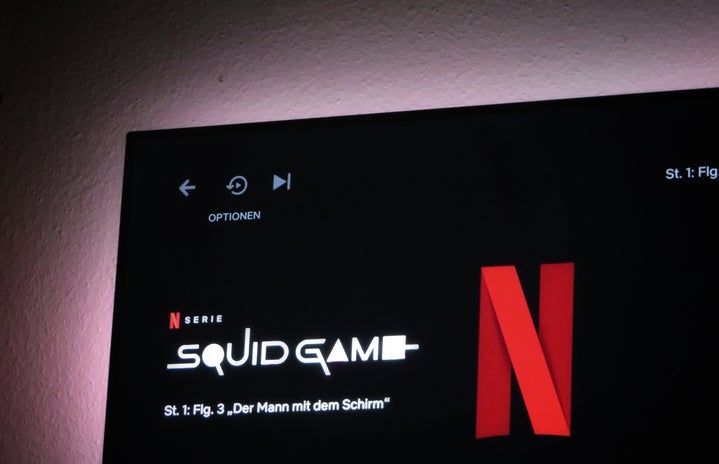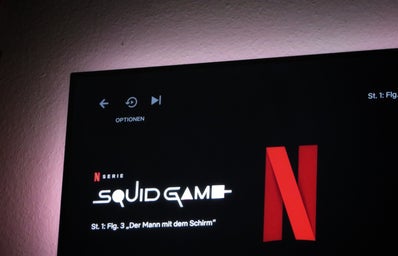In 2022, Netflix announced that it will be filming and releasing Squid Game: The Challenge, a reality show based on its namesake. It was recently reported that numerous participants of the show were treated for all sorts of injuries. Participants were allegedly filming in subzero temperatures for extended periods, leading to the medics being called on set multiple times. Much like the drama, players were promised prize money, this one totalling $4.56 million. All this took me back to when Squid Game first came out in 2021. As someone who is not a fan of gore on TV, I was taken aback by the violence portrayed on the show. Not being a fan of violence, I tried to justify the show’s success with the reasoning that it’s appealing for its realism. Violence reflects realism, and that was perhaps why people gravitated to it more. However, this realism portrayed by Squid Game was so much more than the mere killing of participants when they lose a game. It was a realistic portrayal of the evils of capitalism and the class disparity we face in society today.
A scene that still haunts me is the “VIPs” of the show watching and betting on the participants’ successes and failures. It alluded to the class disparity of society and how the rich watching the poor struggle, is a reality we live in. It made me uncomfortable, but I suppose reminding myself that it was just a fictional show brought some sort of solace. Fast forward to today, making this a reality show where we are the people watching very real participants fight it out for the prize money, putting themselves in very real harm makes my stomach turn. While the reality version may not be so dire, I wonder about the implications participants could face in their everyday lives after being a part of this show. They ultimately participated in a show of the nature of Takeshi’s Castle or Wipe Out, which I recall laughing out loud to whilst I was growing up. The laughter that was at the expense of its participants, which I now see is no different from the “VIPs” of Squid Game.
Ultimately, Squid Game: The Challenge is an attempt by Netflix to churn out another hit in hopes of replicating the success of Squid Game. An attempt to capitalize on that previous success is another theme that is too familiar to the original show’s plot. Capitalism is bloody and mean, which was quite literally depicted in the show. The participants getting hurt in its reality version is not any less scary and an actual depiction of the realities of capitalism. The $4.56 million prize that Netflix offers is the biggest in reality TV history. With this kind of life-changing money hanging over the heads of people who perhaps really need it, is nothing short of the cruelty, and perhaps even dehumanisation, depicted in the thriller.
A lot of participants from the reality show have come forth and given anonymous interviews to various media outlets. Some allege that the show was rigged and they were just pawns in this money-making scheme. There is a scene in Squid Game where Player 456 is on strike after being fired from his job at a factory. Some people say that this was writer Hwang Dong-hyuk’s ode to an actual incident that happened in South Korea with a company called Ssangyong Motors. In 2009 the company planned to lay off over 2000 employees, and the workers, on hearing this went on strike for months by barricading themselves inside the factory. I came across reports of this incident stating that this was an extremely violent protest between policemen and the factory workers. It is often said that the company was actually probably solvent and had enough finances, and the firings were just a strategic necessity. Here we essentially have the rich becoming richer and the poor becoming poorer. If the allegations that the reality show was rigged are true, then it is just a show imitating a hit thriller to churn profits at the expense of its participants’ health and safety (Sounds familiar? Chillingly so.).
While watching Squid Game was an extremely uncomfortable task, I applauded the messages it tried to convey. In the nine-part drama, we were taken through a number of children’s games. Children’s games that showed us the ugly face of the lives we really lead as they juxtapose the dire reality and supposed innocence of the game. In making a reality show based on Squid Game, the message that the show sought to put out becomes reduced to nothing more than the plot of a hit drama that has long lost the hype it once enjoyed. Ultimately, Squid Game is not a game.


